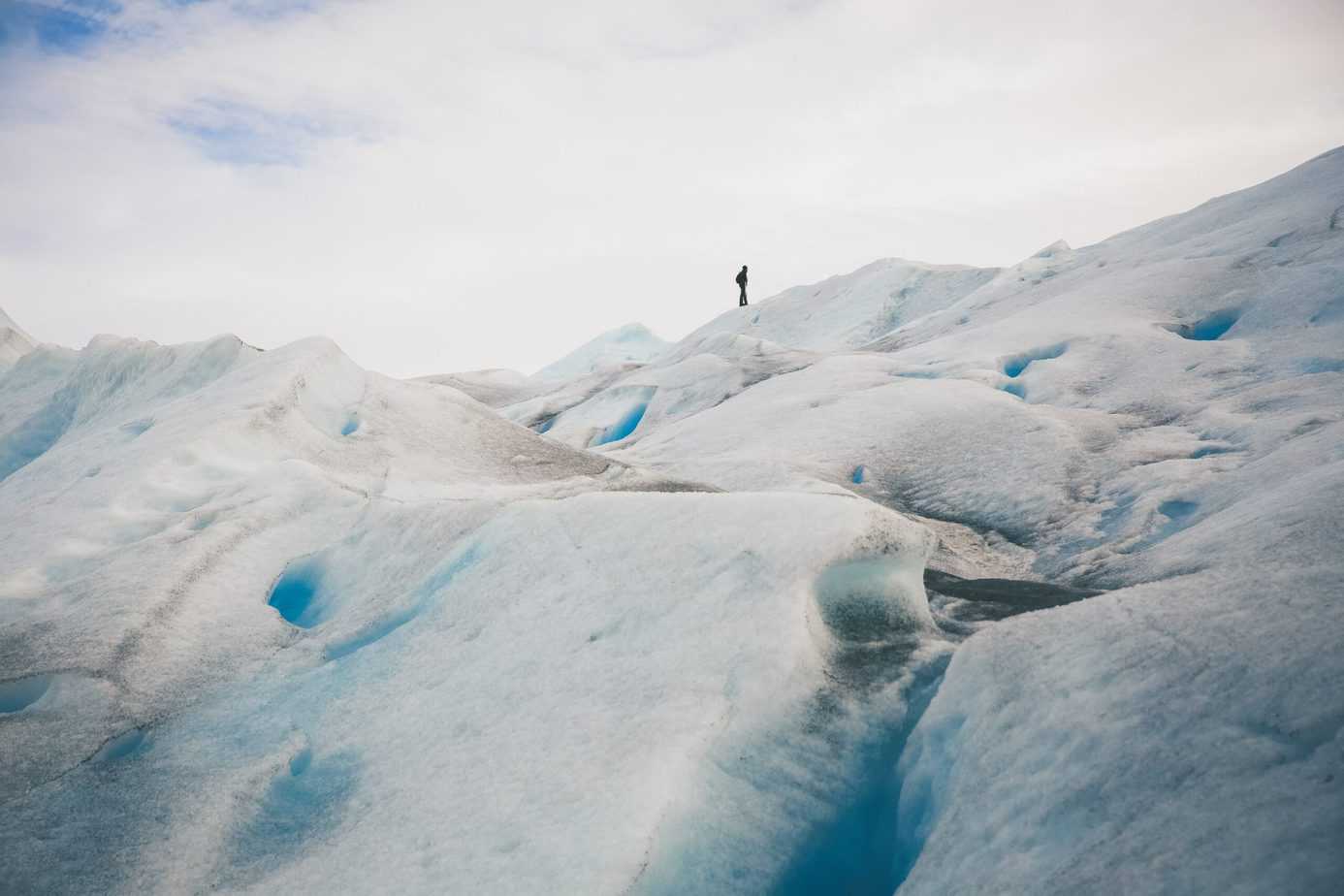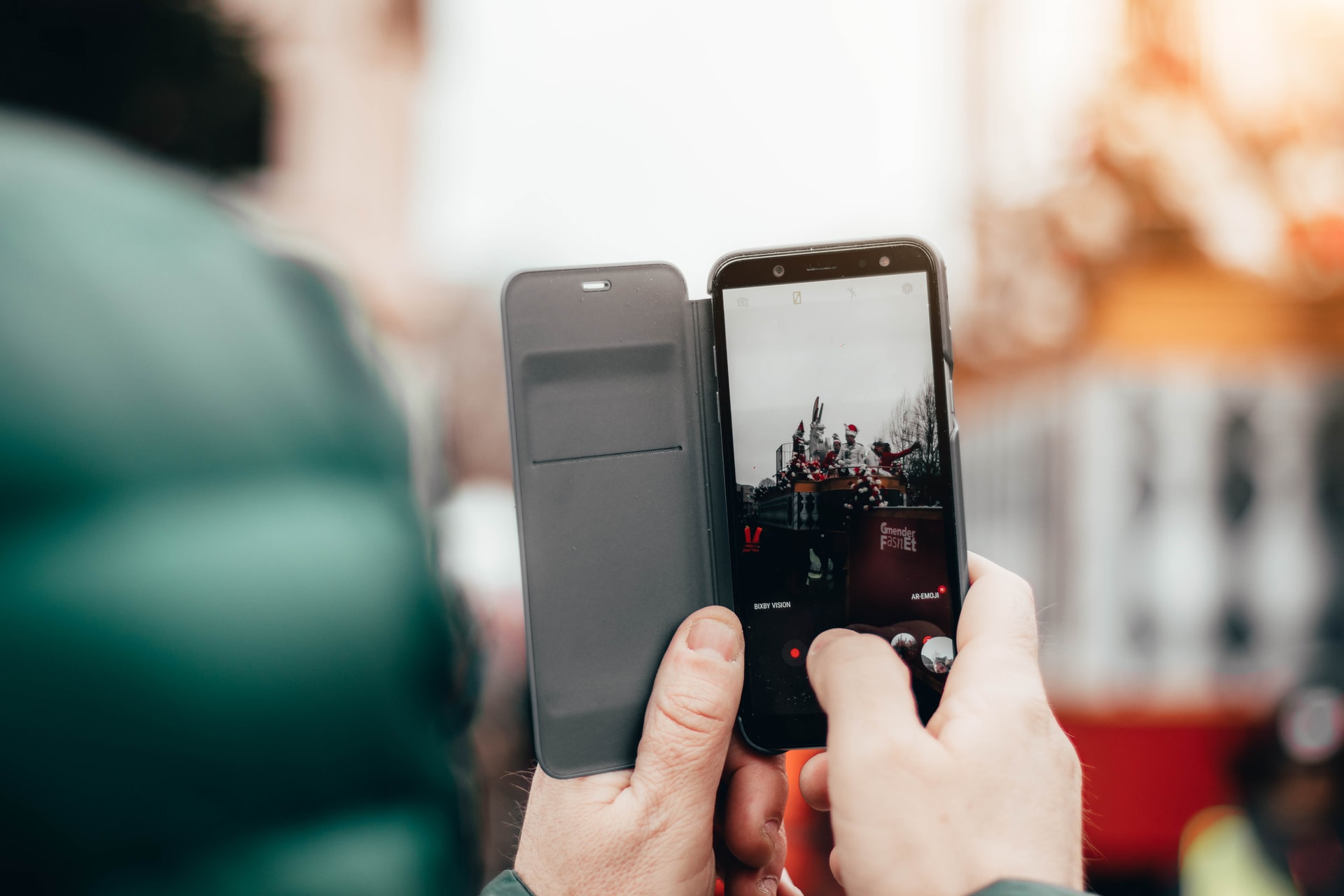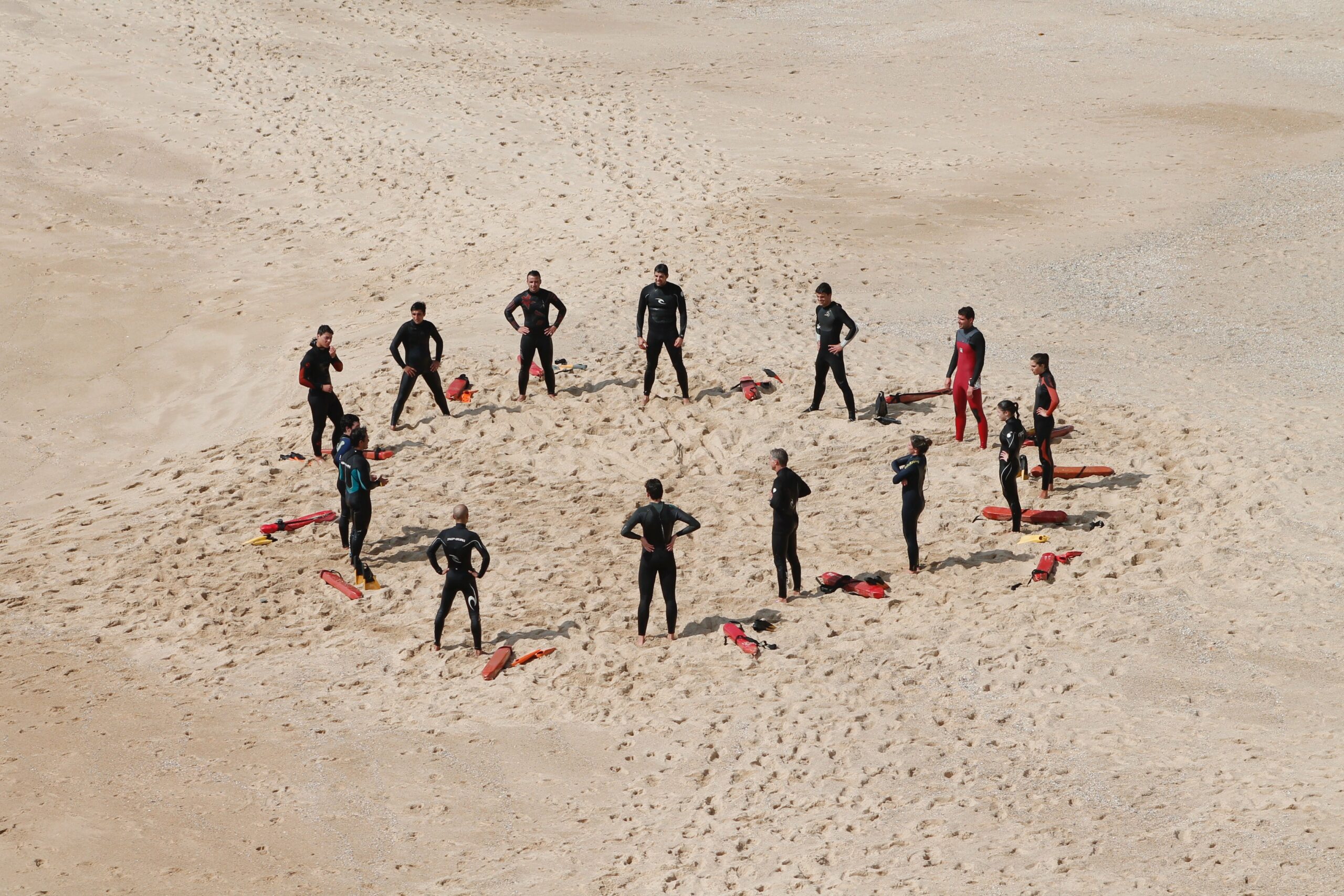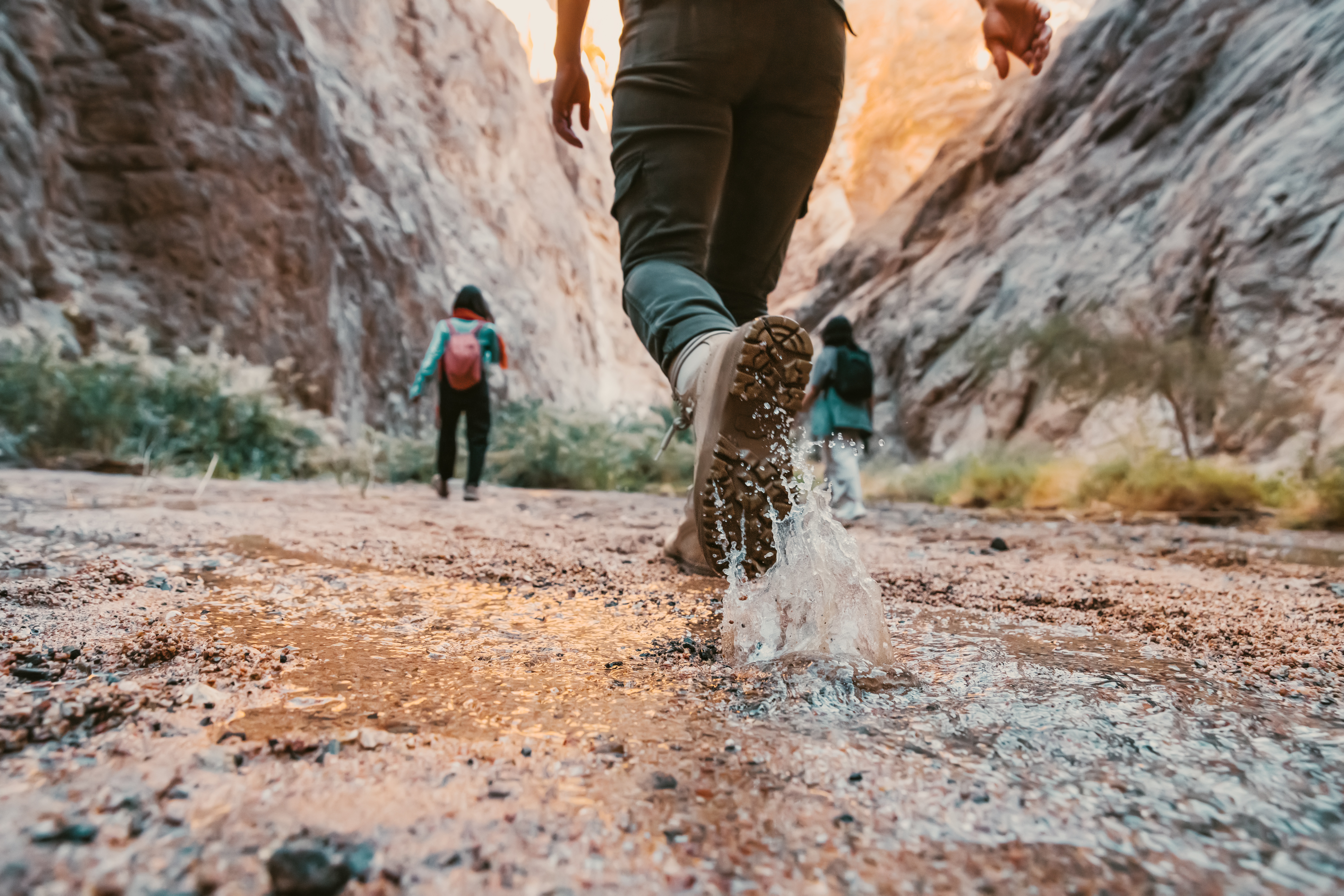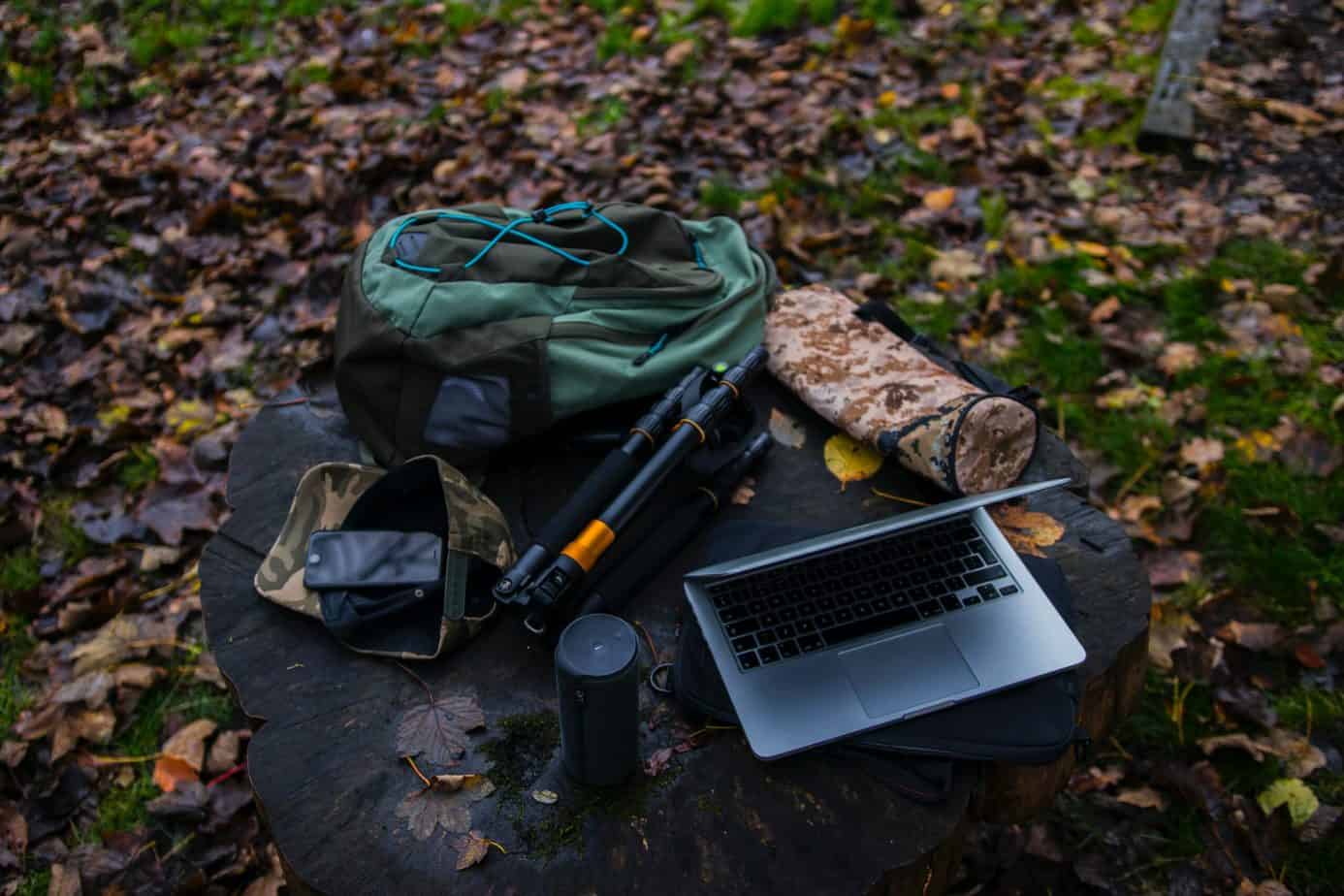What life lessons have you learned from exploring the outdoors? We think all adventures are opportunities to learn more about yourself and the world around you. Through adventures, we realize what we’re capable of and we grow from setbacks and challenges.
We asked adventurers around the world: What is the most valuable lesson you’ve learned on an adventure? Here are some of the biggest life lessons they’ve learned:

Take Risks
I’ve developed two philosophies long ago that I use in making adventure decisions: 1) When a window opens in your life, you have an obligation to jump through it headfirst. You might be surprised where you land. 2) If you live life afraid of dying you are already dead.
— Alan Arnette, alanarnette.com
Stay Curious
Going on an adventure, be it to explore a new destination or rock climbing in a remote area in Vietnam, takes a certain degree of boldness and curiosity in wanting to explore the world out there. We as humans innately like to avoid too much discomfort and having to keep adapting to changes. However, going on adventures forces us, or for me personally, to step out of our comfort zones, overcome my own assumptions, prejudices, and sometimes even narrow mindsets, and instead replace them with a sense of resourcefulness and gratitude. For me as a rock climber, adventures are a constant that I advocate for.
— Lydia Yang, LydiaScapes Adventure Travel Blog
Slow Down
Take your time. It’s easy to get excited and feel like you’ve got to visit all the places and do all the things immediately. But the truth is, adventure is all around us. I’ve been a mountaineer and an alpine climber for years, and the longer I engage in big-commitment adventures, the more I slow down. Adventure isn’t about getting out there and doing all the things to show off on socials, it’s about a deeper connection with yourself and the landscape. It’s okay to turn around. It’s okay to say “not today” and spend your time at camp, just soaking up the sun. Adventure is whatever excites you in the moment.
— Meg Atteberry, Fox In The Forest
Partners Matter
The most profound lesson I’ve learned in the backcountry is to pick your partners carefully. It is important in all situations, whether backcountry skiing, backpacking, climbing, etc. Measuring your partners’ experience based on conditions is important, but attitude, responsibility, and care for others also is highly important. I’ve learned this lesson from partners not prepared well enough for the conditions, but the biggest lesson was when I was summiting a 14er and one of my hiking partners invited two different guys she was dating on the same hike with us and no one else knew until we were well uphill. There is no place for social drama in the backcountry.
— Lexie Gritlefeld, California Outdoor Recreation Partnership, WeekendRoamer.com
Ditch Comfort
For the past twenty-five years, my professional life has revolved around adventure. I’ve seen it change people first hand: turning the timid into the confident, the addicted into the recovering, and the lost into the intentionally wandering. As a force for change, adventure can be powerful like few others. From managing anxiety and overcoming fear, to finding self-worth and building interpersonal connections, to being happier, healthier, and more playful. Ditch the living room in favour of a longer, happier, and more adventurous life.
— Belinda Kirk, Explorers Connect
Do Research
The hardest part of any adventure, new activity, skill, etc. is taking the step into the unknown. What makes this fear go away is getting information and planning. To be honest, actually ‘doing the thing’ is the easy part. So, set a goal, do some research, and make a (rough) plan… the rest should take care of itself!
— Jacob Bushmaker, The Wandering Climber
Dig Deeper
One of the most valuable lessons I’ve learned in climbing as far as advice for people wanting to venture outdoors is: we often have so much more left in our gas tank than we realize, and so, when things feel difficult, it’s important to remember to dig deeper.
— Kathy Karlo, For The Love of Climbing
Have Plans
By far the most valuable lesson I have learned on every adventure I have been on is the value of proper planning. Prior to every time I go out to play I spend a considerable amount of time researching my chosen goal. It is during this pre-adventure planning time that I not only eliminate possible pitfalls but also it attunes me mentally to the future task at hand.
Some of the general factors I consider in pretty much all adventures in the great outdoors are the weather, the sea, your companions, your equipment, and the possible get-out options at various stages of the operation. As most of my favored adventurous days out are heavily dependant on kind and favorable sea conditions I tend to watch the sea quite fanatically. It is only then when the perfect sea conditions arrive that I commence my cunning plan.
I tend to think that if you fail in a particular mission because of bad luck or something unforeseen then all is good. It is when you fail on a mission because of something that could have been prevented by better planning or perhaps more attention to detail then this, for me, is a possible cause for concern. It is a possible cause for concern as poor or inattentive planning is a form of complacency and it is creeping complacency that will potentially eventually kill you.
— Iain Miller, Unique Ascent
Take Pictures
I think the most important things I’ve learned from going on adventures is to take more pictures and bring back more gifts for your friends and loved ones.
— Andrew Bisharat, Evening Sends
Tell Someone
Several years ago I left to go climb Mount Antero in the southern Sawatch Mountains. However, when I got to the trailhead, I found it was still closed due to late spring snowfall. I decided to drive over to La Plata Peak, another mountain with better access – but I forgot to call or text my roommates along the way to let them know about the change in my plans. All went well on my hike up to the peak – but on the way back down, I took a wrong turn and somehow found myself far off-route.
I was completely unsure which direction the trail was in. Normally in this situation, to avoid getting even more lost (or worse, injured or ill), I would have stayed put and waited for my roommates to call in the calvary. However, I realized they thought I was at a mountain 30 miles away, and I had no phone signal or GPS device to use to call for help. I had to continue searching – and I got very lucky, finding the trail after 2 hours of searching, and making it back to my car by dusk.
I learned how important it is to stick to your itinerary and communicate any changes to a responsible friend or family member back home. If something happens to you on the trail, or you lose the trail completely, it makes a huge difference knowing someone is coming to help you.
— Alex Derr, Alexderr.com
Share Adventures
1. Life is for living, work and money should make space for adventure and experiences, not get in the way.
2. Plan for now and then enjoy – don’t wait for tomorrow.
3. Intense memories come from intense moments – this doesn’t need to be an adrenaline rush, it can be a sunset on top of a mountain, a sunrise in a tent, or a kiss on a beach.
4. I think perhaps the best lesson I’ve learnt is that my best memories have come from experiences shared, and not time spent by myself – although perhaps I have grown most as an adventurer when by myself – Catch22 – so the balance of both is important in life.
— Max Hunter, Hunter Mountaineering
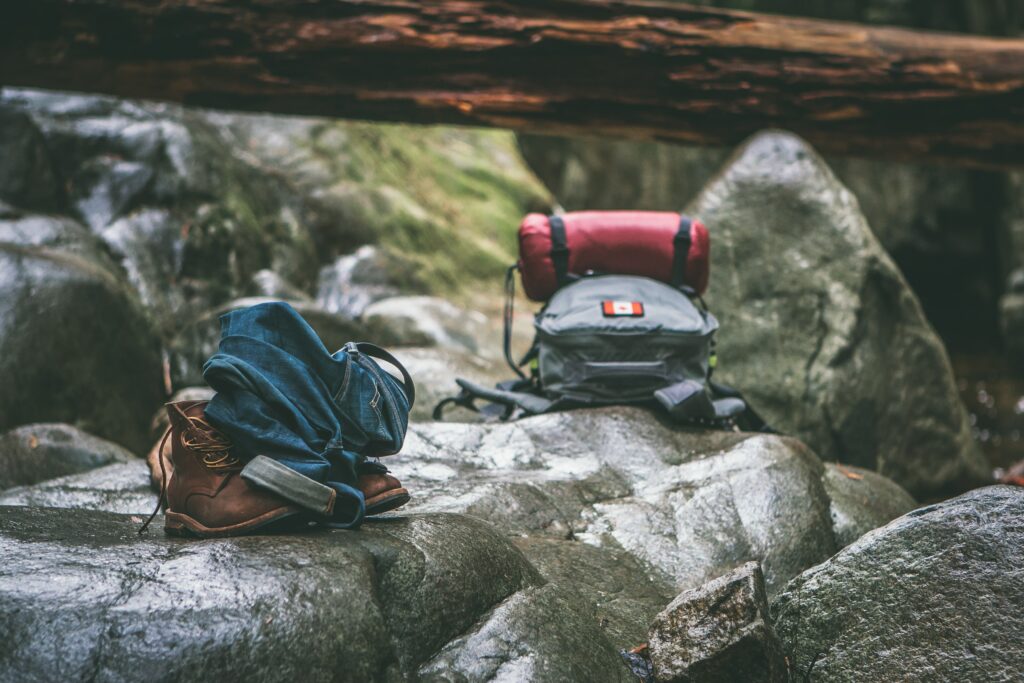
Bring Backups
I have to say the biggest lessons I learned that I still religiously comply by are:
1) Study your route and surroundings even if someone else is the leader of your adventure!!! This is by far the biggest one. And the more routes and terrains you study, the safer your overall experiences become as you can assess and compare better.
2) Always have some amount of food and water that are to remain untouched, because you never know how long you may need to make it last. I aim to have 200 ml (6 oz) leftover to drink once the adventure is over or I am within sight of the car. Be mindful of how much and how fast you are drinking. This is why I do not like bladders for drinking – it seems like you are sipping just a little and then all of a sudden it’s empty! Using bottles lets you drink mindfully – you have to stop, look at how much you still have, drink, replace into pack.
3) Always take a flashlight, extra batteries, and a light thermal layer. Two of the best layers I’ve found that I always bring are: Mountain Equipment Lumiko Hooded Jacket and Patagonia Houdini. The first is a super light but crazy warm light fleece, the second is a water-repellant wind jacket. This combo can keep you warm in some ridiculous conditions. There are like a gazillion versions of both by various brands, but these tend to be easiest to find on sale.
— Alena Rurik, Alena Rurik
Awesome People
The most valuable lesson I’ve learned has been that the world is generally filled with amazing human beings. Bad news sells which is why the media is full of terrible stories from around the world. But when you get out and experience it first hand you realise that most people are awesome. Consistently being on the receiving end of the kindness of strangers restores your faith in humanity and completely changes ones outlook on life. Adventure is a great excuse to go and meet the wonderful people waiting just around the next corner.
— George Beesley, CalltoAdventure.uk
Wiggle Room
The first thing that came to my mind was to learn good planning. The first principle of Leave No Trace is to Plan Ahead and Prepare. By planning properly it can save you from a dangerous situation, but it can also save you from disappointment. That way you don’t end up at a destination where you’ve always wanted to go only to find you don’t have permits, or nowadays, an entry ticket. Even learning good planning for the not-so-adventurous parts like budgeting, can help you go more often. Having a good budget can help you save better and not spend money on unnecessary things. This will free up more money for more trips. But of course, in all your planning, keep a little wiggle room to be spontaneous.
— Mara Kuhn, Right Kind Of Lost
Community Matters
I would say the most valuable thing I have learned on an adventure is the importance of friendships and the people who accompany you on those adventures. When I reflect on long climbing trips I tend you remember the folks I’ve met, the laughs I’ve shared, and the connections I’ve made over the ‘hard’ sends. This is what Flashed embodies, when we ask the question “why do we rock climb?” Most people I’ve talked to will mention the community. We want to bring people together from all different backgrounds over our shared experience, and celebrate climbing with each other.
— Stevie Imperatrice, Flashed
Want to add your lessons learned on an adventure? Drop a 3-5 sentence lesson here:
[wpforms id=”3823″ title=”false”]

